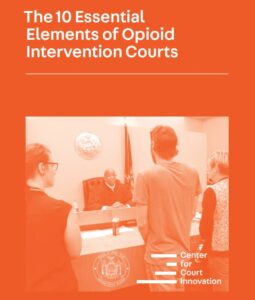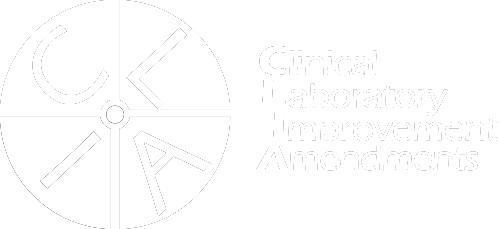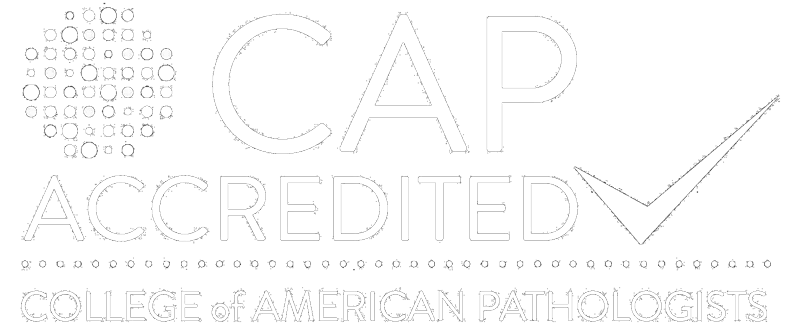
With a raging national opioid epidemic, we focus on another lifesaver: opioid intervention courts. This rapid-response program provides immediate screening, treatment, and support services to prevent overdose deaths.
All the help is needed. According to the Centers for Disease Control, more than 107,000 people died of an overdose in 2021—more than twice the number of U.S. traffic fatalities or gun-violence deaths. The CDC says it’s the leading cause of death among people 18-45. Two-thirds of these deaths involved synthetic opioids such as fentanyl, a synthetic opioid that is up to 50 times more potent than heroin.
An opioid is a natural or synthetic chemical that interacts with opioid receptors on nerve cells in the body and brain and reduces the intensity of pain signals and feelings of pain. This class of drugs includes the illegal drug heroin, synthetic opioids such as fentanyl, and pain medications available legally by prescription, such as oxycodone, hydrocodone, codeine, morphine, and others.
A recent Stanford-Lancet Commission Report warned that, without radical change, the U.S. opioid 10-year death toll could reach 1.2 million by 2029.
Opioid court solutions
The first opioid intervention court opened in Buffalo, N.Y., in 2017. This court works to intervene quickly with day-of-arrest attention, evidence-based treatment, judicial supervision, and other services such as Medication-Assisted Treatment (MAT) and behavioral treatment to prevent overdoses. Each case involves a three-member team with a variety of expertise to intervene.
The court’s premise involves:
- Starting treatment within 24 hours
- Holding criminal charges
- Connecting people with services
- Nightly curfew and check-ins
- Random drug testing
- Wellness checks with daily contact.
As with other treatment courts, participants must be honest about themselves and their situation. As long as they put in the effort, they can gain access to services to end addiction.
The model has been so successful that opioid intervention courts have opened in New York State’s 13 judicial districts. The concept also is taking root in other states and has national guidelines.
The 10 essential elements
The Center for Court Innovation has compiled the 10 Essential Elements of Opioid Intervention Courts:
- Courts should accept the broadest range of charges possible.
- They should provide immediate screening for the risk of overdose.
- Eligible individuals should receive the opportunity to enter the opioid intervention court after consultation with defense counsel.
- Courts should then result in a suspension of prosecution or expedited plea.
- Next is rapid clinical assessment and treatment engagement.
- Recovery support services follow treatment up.
- Frequent judicial supervision and compliance monitoring to keep individuals on track.
- Intensive case management to avoid relapses.
- Program completion and continuing care.
- Performance evaluation and program improvement informed by data should track progress.
This sound approach can keep people out of jail to avoid overcrowding and provide much-needed tools to save lives and families. We encourage our friends in the treatment court community to consider an opioid-specific court to tackle one of the nation’s most anguishing crises.
Please check out resources and ideas from the National Drug Court Resource Center to learn more.


